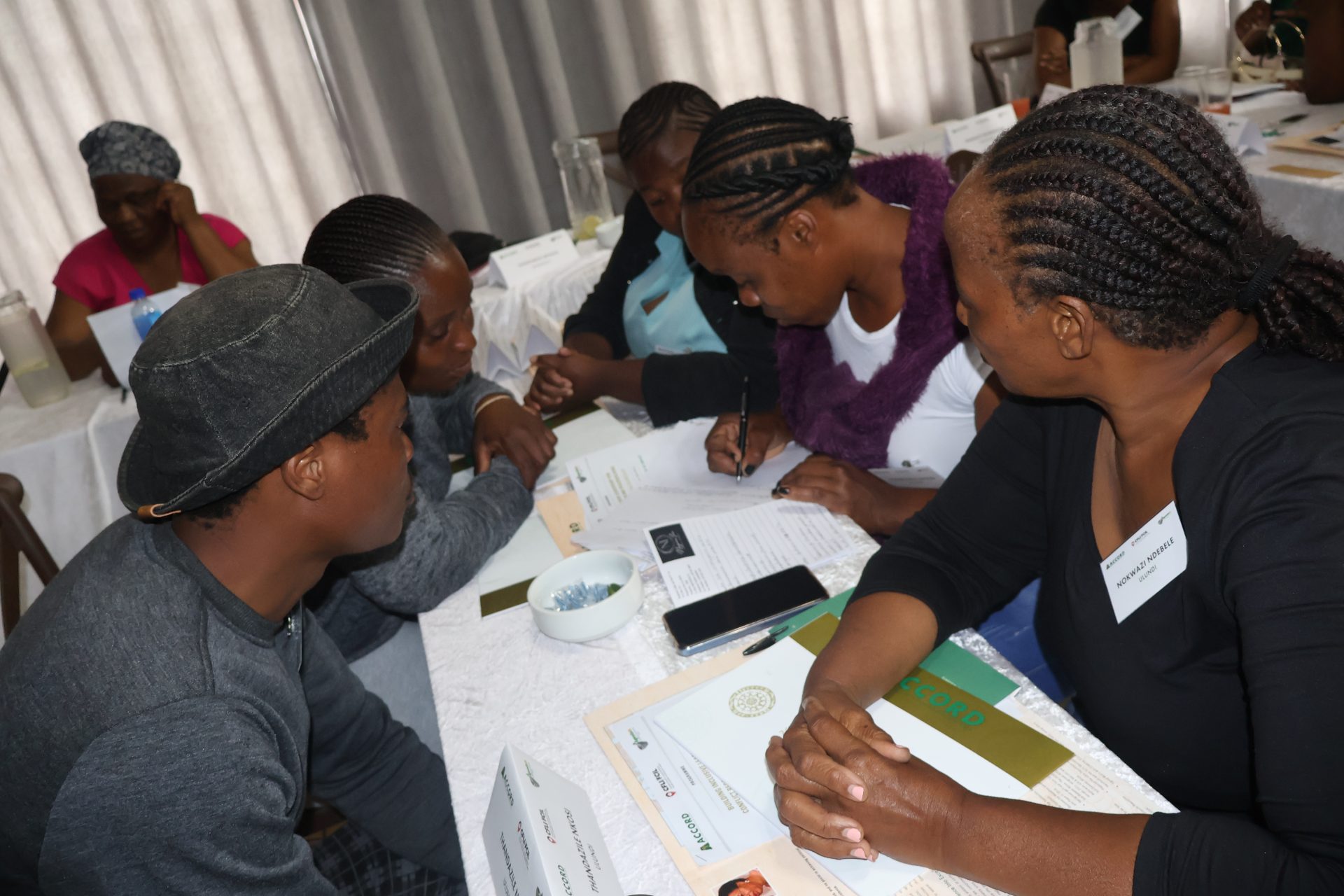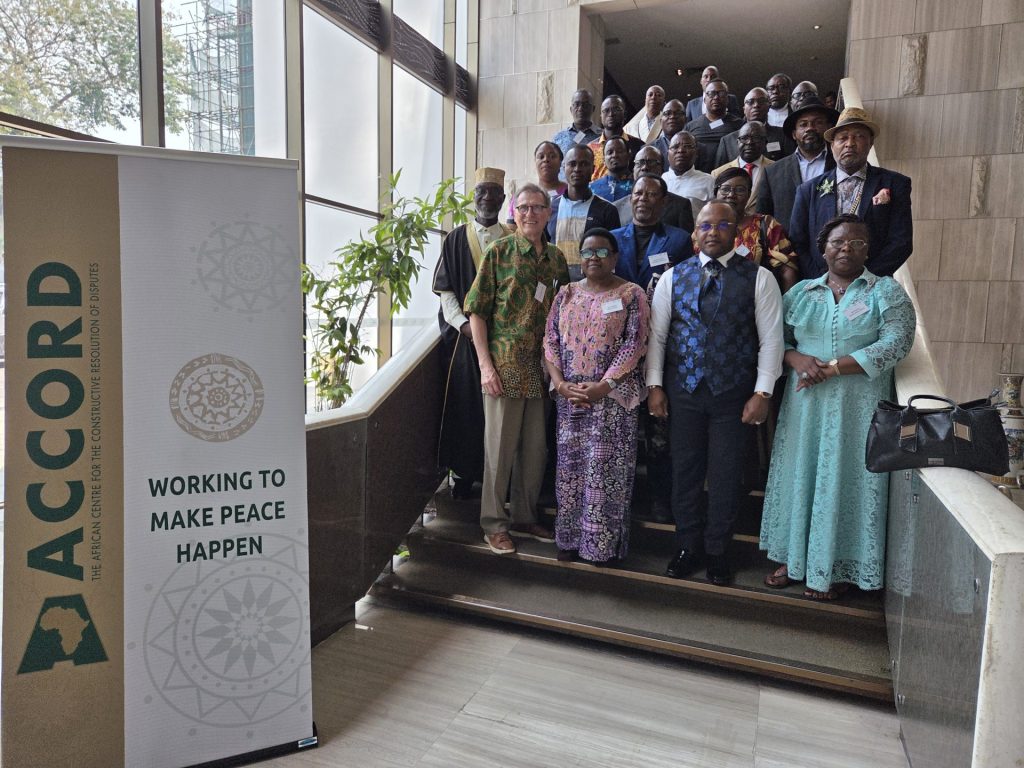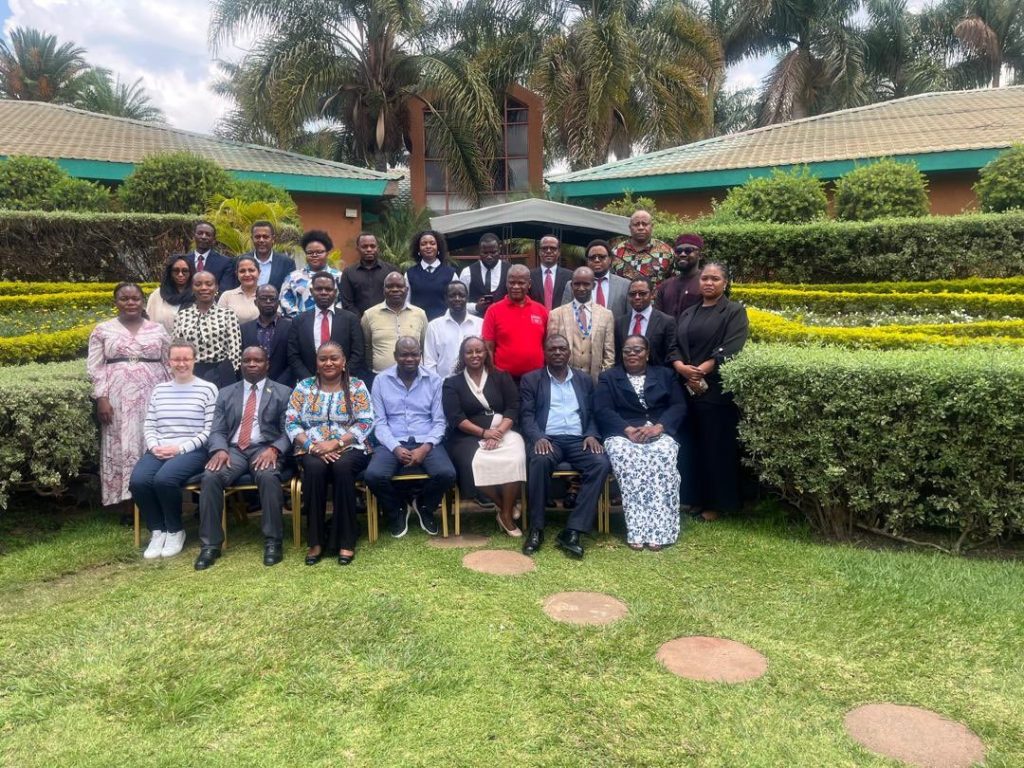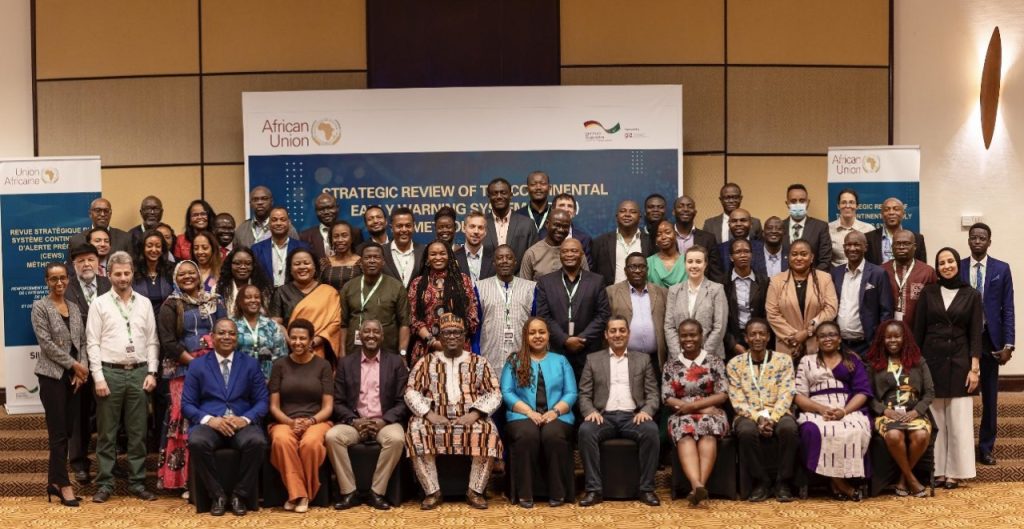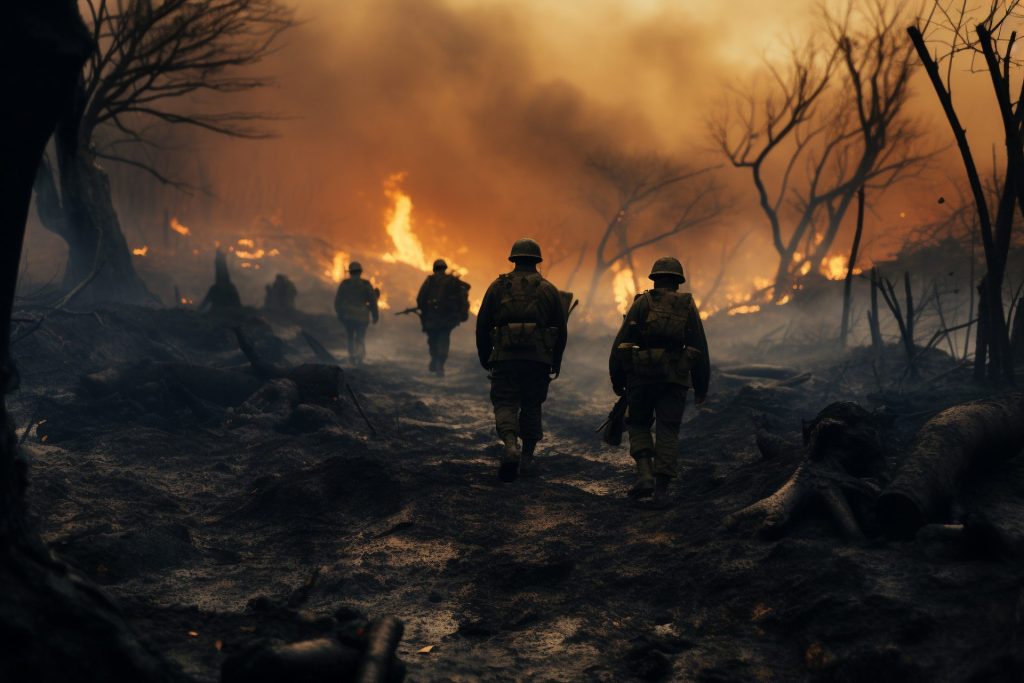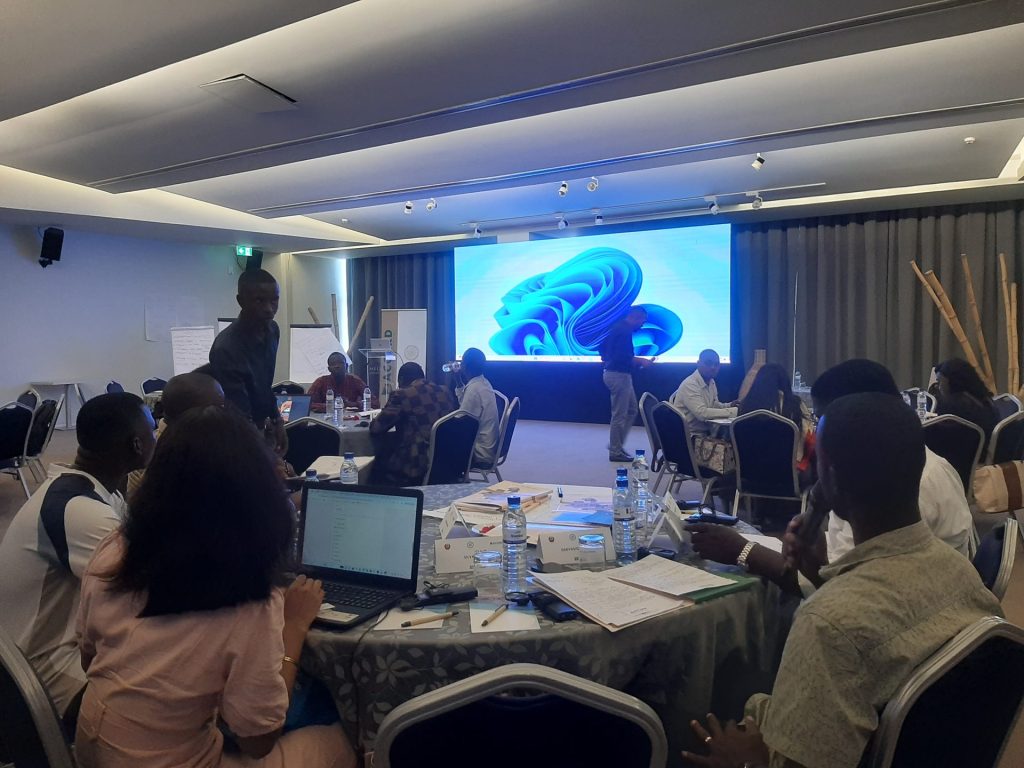Community leaders from across the Zululand District Municipality gathered from 13 to 15 November for a three-day workshop focused on strengthening leadership skills and fostering social cohesion within their communities. The rural setting, characterised by traditional authority structures and close-knit communities, provided a rich backdrop for discussions on leadership, inclusion, and conflict resolution.
During the workshop, participants engaged in interactive sessions exploring themes of inclusion and exclusion, power and privilege, and the link between leadership and community conflict. These exercises encouraged leaders to critically reflect on how their decisions can either bridge divides or intensify tensions within their communities.
Leaders discussed real-life challenges they face in rural Zululand, particularly the effects of local government dynamics. Unstable leadership caused by shifting coalitions within municipal structures was highlighted as a key issue affecting consistency in governance. Participants also raised concerns about the lack of access to water in certain areas, which has contributed to tensions and disputes among community members. Additionally, crime, including incidents affecting schools, emerged as a pressing concern, demonstrating how security issues intersect with leadership and community cohesion.
Despite these challenges, the workshop highlighted the importance of inclusive leadership in addressing tensions. Participants explored how traditional and local leaders can work together to ensure that decision-making is fair and that marginalised voices, including women, youth, and members of the LGBTQI+ community are heard. Discussions emphasised the crucial role of dialogue, collaboration, and community engagement in turning conflict into opportunities for unity, particularly in the run-up to the 2026 local government elections.
By reflecting on power dynamics and leadership responsibilities, participants identified strategies to foster trust, strengthen community relationships and mitigate disputes before they escalate. Many expressed a renewed commitment to promoting inclusive practices that build cohesion and resilience, recognising that thoughtful and reflective leadership can have a transformative impact on rural communities.
The three-day workshop reaffirmed the vital role of local leaders in fostering peace and stability in Zululand, especially in areas where traditional authority and municipal governance meet. Participants departed with practical insights and strategies to enhance leadership, resolve conflicts, and build more harmonious and inclusive communities ahead of the forthcoming elections.

